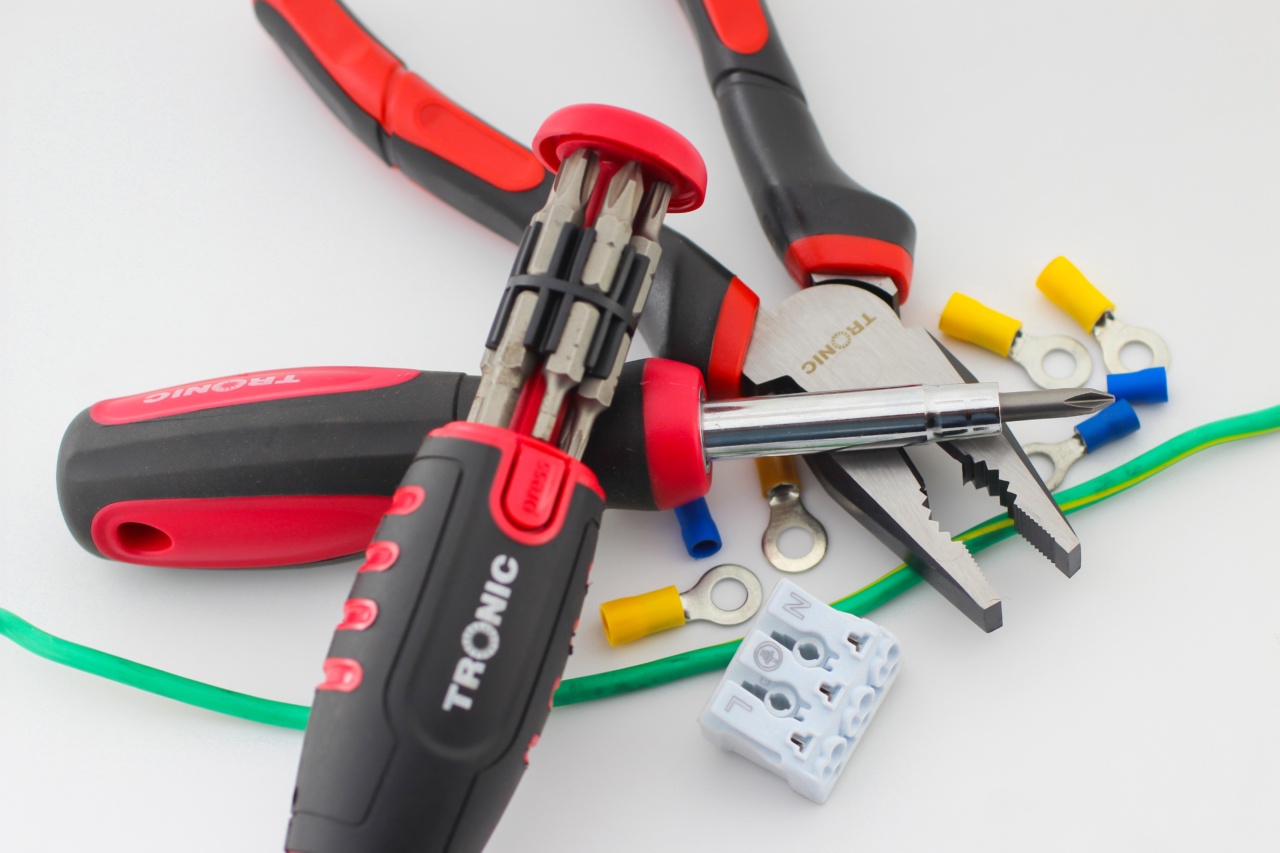Stress is an inevitable part of life. It can come from various sources such as work, relationships, or financial concerns. While it’s impossible to eliminate stress completely, there are effective ways to manage and cope with it.
In this article, we will explore some valuable tips and tricks for handling stress and improving your overall well-being. By incorporating these strategies into your daily routine, you can find balance and inner peace.
1. Identify the Source of Stress
The first step in managing stress is to identify its source. Take some time to reflect on your life and determine what triggers your stress levels.
Is it your demanding job, a toxic relationship, or a lack of time for yourself? Once you identify the source, you can take appropriate steps to address it and minimize its impact on your life.
2. Practice Deep Breathing
Deep breathing is a relaxation technique that helps calm your mind and body. When you’re stressed, your breathing becomes shallow and rapid, which can exacerbate your anxiety.
By consciously focusing on taking slow, deep breaths, you activate your body’s natural relaxation response. Find a quiet place, close your eyes, and inhale deeply through your nose, allowing your abdomen to rise. Exhale slowly through your mouth, emptying your lungs completely.
Practice deep breathing for a few minutes each day to reduce stress and promote a sense of calm.
3. Engage in Regular Exercise
Engaging in regular exercise is a great way to manage stress. Physical activity releases endorphins, which are natural mood enhancers.
Whether it’s going for a run, practicing yoga, or taking a brisk walk, any form of exercise can help reduce stress levels. Aim for at least 30 minutes of moderate-intensity exercise most days of the week to reap the numerous mental and physical health benefits.
4. Prioritize Self-Care
Self-care is vital for stress management. It involves taking time to nurture and care for yourself both physically and mentally. Make sure to get enough sleep, eat a balanced diet, and engage in activities that bring you joy and relaxation.
Set aside time for hobbies, socializing with loved ones, or simply indulging in a good book. Remember, self-care is not selfish; it is essential for your overall well-being.
5. Practice Mindfulness and Meditation
Mindfulness and meditation are powerful tools for stress reduction. Mindfulness involves being fully present in the current moment and observing your thoughts and feelings without judgment.
Meditation, on the other hand, is a focused practice that promotes relaxation and inner peace. You can start by dedicating a few minutes each day to sit in a quiet place, close your eyes, and focus on your breath. With regular practice, you will develop greater mindfulness and a calmer mind.
6. Set Realistic Goals
Setting realistic goals is crucial for managing stress. Often, we become overwhelmed when we take on too much or set unattainable expectations. Break down your goals into smaller, achievable tasks, and prioritize them based on importance.
This way, you can focus on one thing at a time and avoid becoming overwhelmed. Celebrate your accomplishments, no matter how small, and be kind to yourself during the process.
7. Reach Out for Support
Don’t hesitate to reach out for support when you’re feeling stressed. Talk to a trusted friend, family member, or therapist about your feelings and concerns.
Sometimes, simply sharing your thoughts can alleviate the burden and provide you with a fresh perspective. Additionally, joining support groups or seeking professional help can offer valuable guidance and coping strategies.
8. Practice Time Management
Effective time management can significantly reduce stress levels. Start by prioritizing your most important tasks and allocating specific time blocks for them. Avoid multitasking, as it often leads to decreased productivity and heightened stress.
Break tasks into smaller, manageable chunks and tackle them one by one. By managing your time efficiently, you can create a sense of control over your schedule and reduce stress.
9. Incorporate Relaxation Techniques
Relaxation techniques such as listening to soothing music, taking warm baths, or indulging in a massage can provide instant relief from stress. Find what works best for you and make it a part of your routine.
Engaging in activities that promote relaxation stimulates the release of endorphins, helping you combat stress and promote a sense of well-being.
10. Maintain a Positive Mindset
Lastly, maintaining a positive mindset is essential for stress management. Negative thoughts and self-talk can heighten stress levels and hinder your ability to cope effectively. Practice self-compassion and challenge negative thinking patterns.
Focus on gratitude and surround yourself with positive influences. Remember, a positive mindset can transform your perception of stress and empower you to navigate through challenging situations.































